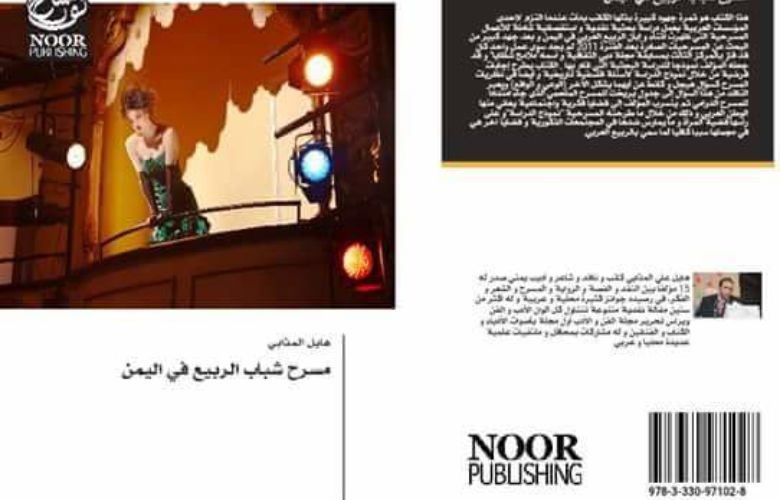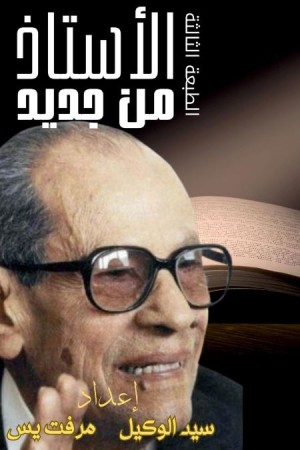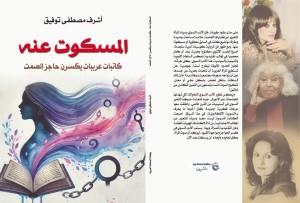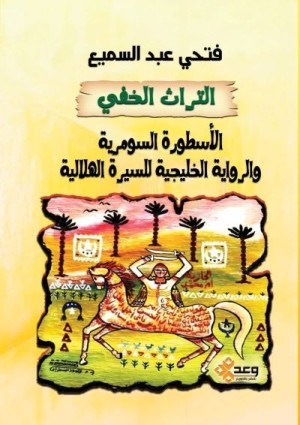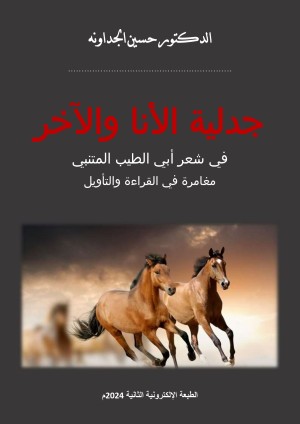Spring Youth Theater in Yemen
The book of the Spring Youth Theater in Yemen by Hayel Al-Mathabi
My book "The Spring Youth Theater in Yemen" issued by Nour Publishing House is about 100 pages long.
This book is based on a theoretical presentation and then a critical application on a printed theatrical text dealing with revolution and change, which is the play “Features of Shrapnel” winner of the Dubai Cultural Prize for the year 2011 by writer Abdul Khaleq Saif al-Jabri, and the text is the first printed Yemeni theatrical work that dealt dramatically with the topic of the Arab revolutions.
Throughout the ten chapters of the book, I provide an intellectual review of the basic trends in theater as art, vision and creativity, which are core perceptions that have crystallized around theater throughout its long history.
Theater, being an act of purification or an act of revolution and change, with this question the book deals with the dramatic theater of Aristotle and the epic theater of Brecht as theoretical frameworks on which the art of theater is based. Theater as an act, and action means the ability to change situations that affect the world of assets, since theater is nothing but a transformative act that seeks to prove self and achieve existence .. Then the book raises a question: What is the purpose of the action, is it purification or revolution and change? ... and to answer this fundamental question in the philosophy of performing arts, the book proposes each concept separately of "purification", "revolution" and "change." Aristotle presented the theory of "catrices" - purification - in his book "The Art of Poetry", which assumes that on stage , to make the recipient necessarily purify his real fears about reality in a technically acceptable way, and all of them are pictures and scenes that are totally unacceptable in reality, but the theater artistically processes them and cleanses the recipient from them artistically, and purification is achieved only with the perceptual, emotional and kinetic participation between the theatrical work and the recipient, When the theatrical work presents the ethics and sins of the human soul, as it helps us to transcend them and purify them from reality, and that is the purpose of theater, according to Aristotle's "Alcatraz" theory.
The second theory is the thesis of the epic theater of Bersht, and this theory takes advantage of the idea of the epic hero, where the change in the actions of the epic character is continuing, except for the stable dramatic hero. This is what constitutes a clear difference in the theatrical treatment of events and characters, and thus the foundations and bases of dramatic theater differ On his epic counterpart, which are based philosophically on two opposing ideas, namely the idealism of Hegel, which says that thought is precedent to existence, and that is what dramatic theater adopts, and in contrast to Marx's materialist, which says that existence precedes thought and that is the basis of epic theater.
After presenting the two theories of purifying dramatic theater and transforming epic theater, which differ greatly between them and agree on the idea that theater is an act and not just a behavior, I begin by proposing a synthetic dialectic to the fact that purification and change are two sides of the same coin as long as they achieve the advancement and redemption of man Which scares him or hinders him, and as I see the two theories met in the play under study, and that the epic is only an extension of the drama.
After developing the theoretical framework, he moved on to reading the play "The Features of Shrapnel" to read it in substance and artistically, and presented aspects of the dialogue and the characters. Beginning with the symbolism of the names of the characters within the play "The Basket Man", "The Catalog of the Great Master" to reveal the connotations behind them. The basketman refers to everything that molds society and puts it into a rigid stereotype. "The Great Master" is a symbol of the cleric or the tyrant ruler. Covered symbolizes the vanguard of the community who believe in rights and freedoms, as was indicated in the study that the names within the play were linked in essence and objectively to the idea of revolution, rebellion and rejection.
The five-scenes play, which the book addresses as an applied example of the Arab Spring Youth Theater, offers a symbolic treatment of the Arab reality. Its events revolve around the story of "The Basket Man", a playwright who seeks to satisfy his mysterious master by presenting texts presented by theatrically many characters waiting for their turn to appear. Under the covers of cloth, which quickly revolts against the basket man, the playwright and director of the plays, as the characters begin to deviate from the text in order to achieve themselves and a victory for their stolen humanity, and with time it becomes clear to the basketman that the writer of the conclusion of his theatrical texts is his conscience who betrayed him to stand with the characters and the play ends By burning the basket man and his master.
The idea of the catalog inside the play refers to the previous references and generalizations that we found ourselves on in various aspects of life. It represents the institutions of religion, the state, education, family, and work that made the individual a subject slave to it, causing him to alienate himself from himself and from his reality, and imposed on him a preconceived pattern of behavior, thinking and action, and this alienation situation exacerbated, leading to social disintegration and the imbalance of values and subordination and Class and authoritarian regimes and the absence of democracy. And the idea of rejecting imitation or following and revolting against it is an original idea in the play, as revolution against values is the only way to change it.
The book tries to be a qualitative addition to the Yemeni theater library, which still needs a critical enrichment and research that reveals aesthetics and renders creative visions and treatments.
Further Reading
Upcoming Events

A writer, a vision, a journey: a conversation with Professor Ilan Pappe
March 15, 2025
This event took place on 15 March, 2025 . You may...

مسافر يبحث عن ماء
February 17, 2025
تقيم نقابة اتحاد كتاب مصرشعبة أدب الرحلات تحت رعاي...

Online discussion of The Vegetarian by Han Kang Nobel Prize winner 2024
November 08, 2024
This discussion of Han Kang’s The Vegetarian...
Art Auction: Support Palestinian Families in Gaza
October 18 - 20, 2024
Join us on October 18th for Art for Aid, an online...
